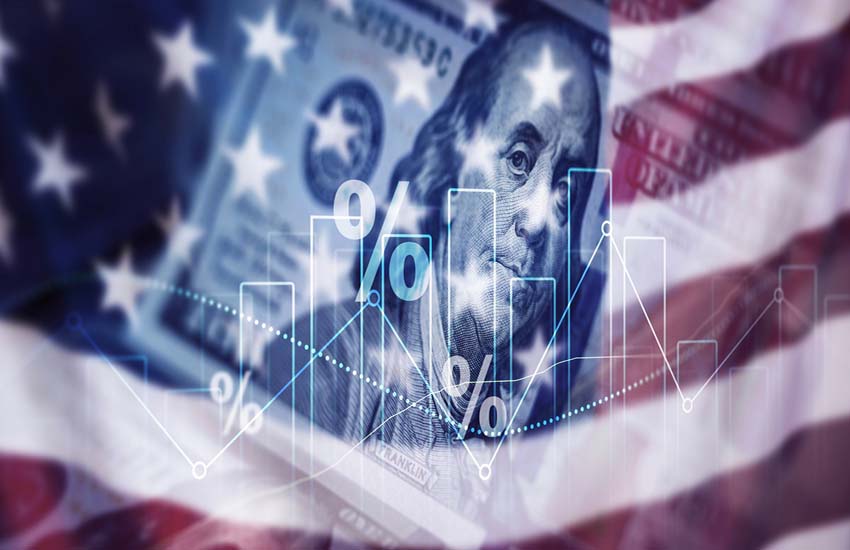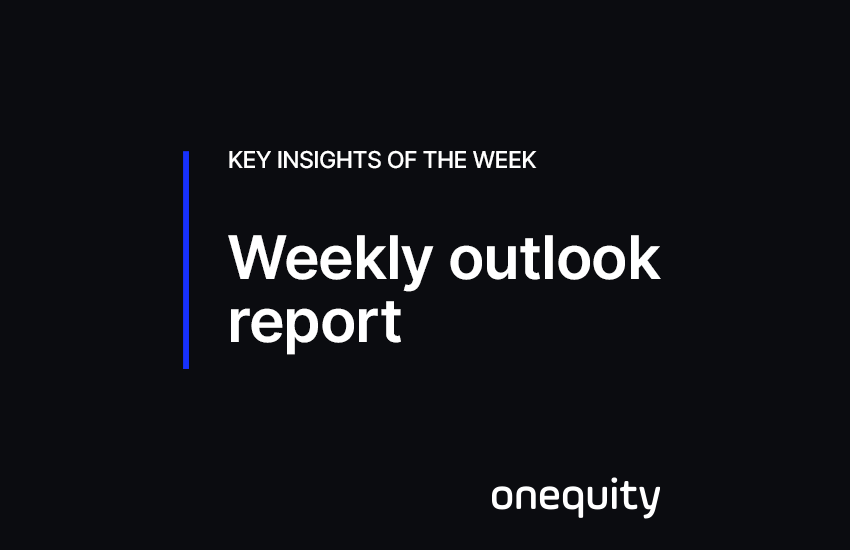The EUR/USD pair edged higher on Friday, trading near 1.1735 at the time of writing after recovering from Thursday’s low […]
Market Commentary 2025-10-03
Daily market commentary featuring timely analysis of price action and economic events. Stay informed with expert observations on the themes shaping global markets.
Market Commentary 2025-10-02
Daily market commentary featuring timely analysis of price action and economic events. Stay informed with expert observations on the themes shaping global markets.
Market Commentary 2025-10-01
Daily market commentary featuring timely analysis of price action and economic events. Stay informed with expert observations on the themes shaping global markets.
Crypto Market Heats Up: Bitcoin Hits $118K, Ethereum Near $4.3K, XRP Rebounds Toward $3.00
Bitcoin surged past $118,000 today, October 2, 2025, marking one of its strongest moves in recent weeks and reinforcing optimism […]
Mastering Stock Comparison: A Step-by-Step Guide to Smarter Investing
When you scroll through financial news, it’s easy to feel overwhelmed by headlines declaring the “next big stock.” One day […]
Daily Technical Analysis EUR/USD : Slides Below 1.1725 as U.S. Dollar Gains Amid Shutdown Fears
On 1 October 2025, EUR/USD drifted lower toward 1.1725 in early European trading, pressured by a tenacious U.S. dollar. The […]
Today’s Stocks to Watch: Nvidia, Palantir, Broadcom, and Oracle
Key Points to Watch Out For Nvidia (NVDA): Holding Near Breakout Zone Nvidia is modestly lower in Tuesday’s premarket session […]
Market Commentary 2025-09-30
Daily market commentary featuring timely analysis of price action and economic events. Stay informed with expert observations on the themes shaping global markets.
Outlook for the Week of September 29 – October 3
The week of September 29 – October 3 will keep global markets on edge as investors balance the risk of […]









